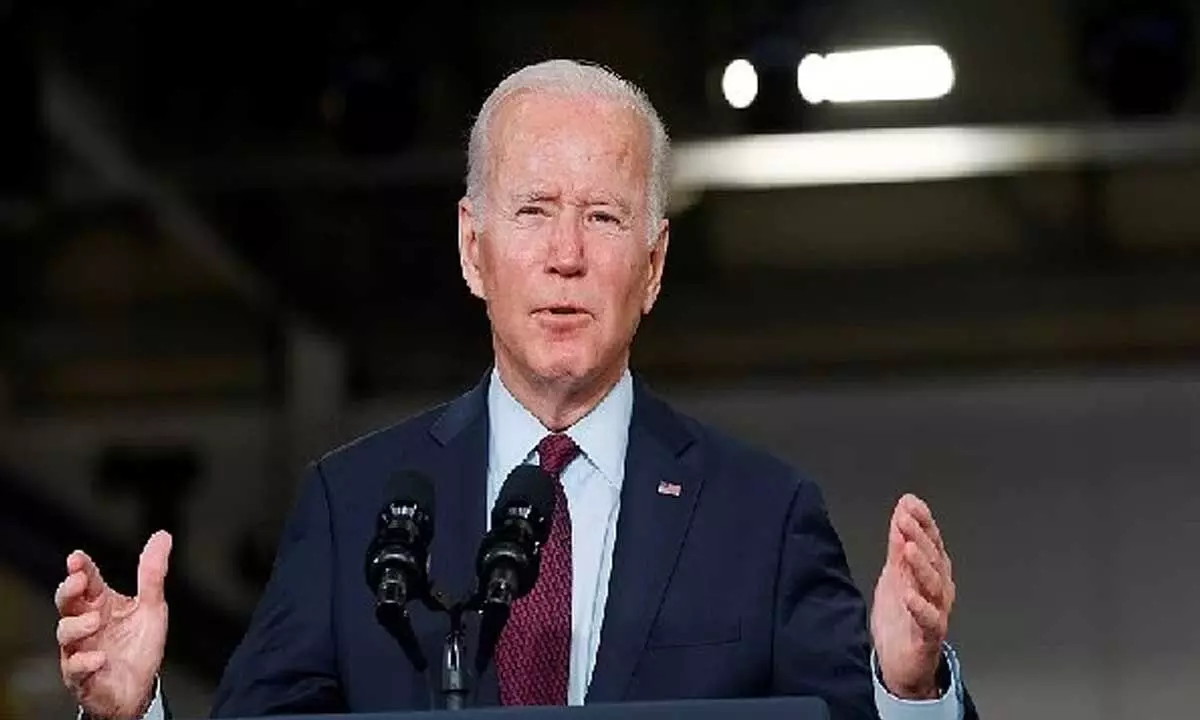Nurturing ties with Russia without antagonizing Biden & Co needs tact
The Indo Russian Defence Cooperation is well documented. Russia supplied around $13 billion of arms in the past five years to India, which has also placed orders for weapons and military equipment exceeding $10 billion.
image for illustrative purpose

The Indo Russian Defence Cooperation is well documented. Russia supplied around $13 billion of arms in the past five years to India, which has also placed orders for weapons and military equipment exceeding $10 billion. Quite apparently, Moscow will not let go of its biggest buyer because the tie-up offers technology transfers and a buffer against China. However, New Delhi’s hopes to checkmate China, may yet fail. That it persists in placating Moscow can therefore only be read as reflecting an unstated confidence that Russia will not only survive its current confrontation with the west in reasonably good shape. Although India has begun to diversify its arms purchases in the last two decades, Russia still remains a critical—and, in fact, a highly desirable—source of weapons for India. This is because Russian weapons are usually cheaper compared to those from their western counterparts, at least as far as their initial costs go. They are often just as good, or at least good enough to serve India’s operational needs. Although, India also buys Russian oil, it does not offer much profitability because cost-wise it lowered by just about $two per barrel during the nine-month period. If Russian barrels are excluded from the math, the average price rises marginally to $101.2 per bbl.
India’s public neutrality toward the Russian invasion is driven fundamentally by its concerns vis-à-vis China and Pakistan, which are seen as immediate and enduring threats. Cultivating friendship with Moscow will help prevent deepening Russian ties with China and limit its temptations to build strategic ties with Pakistan, is New Delhi’s viewpoint. The behaviour of China and Pakistan towards India has been similar to that of Russia with Ukraine. For many in the United States, including in President Joe Biden’s administration, India’s neutrality has been disappointing because it signaled a sharp divergence between Washington and New Delhi on a fundamental issue of global order-the legitimacy of using force to change borders and occupy another nation’s territory through a blatant war of conquest.
Above all, there is no assurance that India’s current strategy of mollifying Russia by eschewing public criticism of the Kremlin’s war, if successful in the near term, would pay off in the end—especially if Moscow is enervated as a result of cumulative Western sanctions and, as a consequence, is unable to support India in the manner that New Delhi hopes for. India’s problem is China and it needs the backing of both the United States-led west and Russia to handle the China ‘problem’. This gains credence from the fact that New Delhi has concluded that the United States will assist India to balance China out of sheer self-interest. It has sought to ensure Russia’s support towards this by refraining from any public denunciations that could hamper achieving this objective.
India’s enduring goal remains ascending the international stage as a great power but without committing to any entangling alliances along the way.

